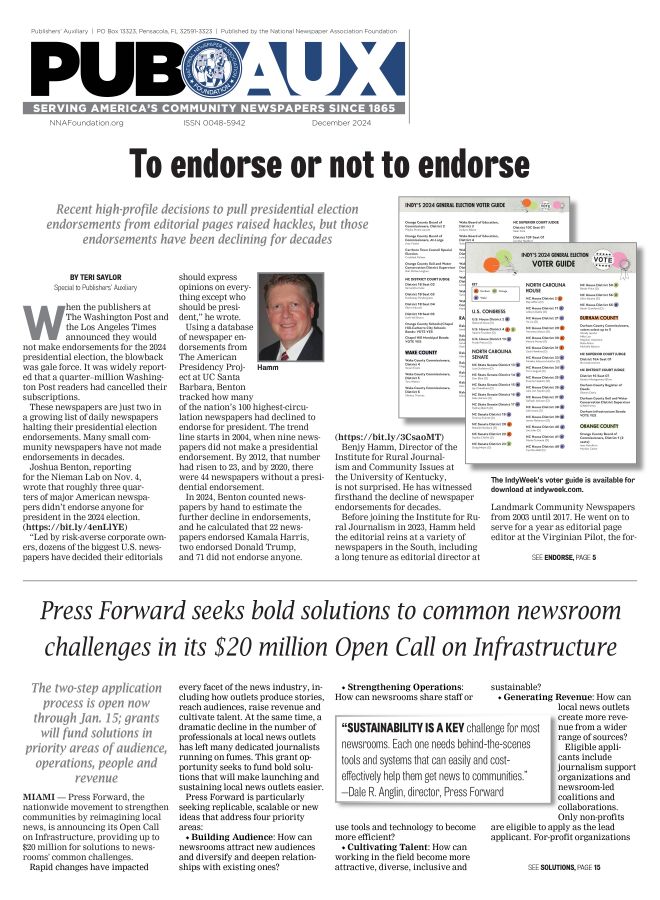In politically contentious times, Americans find some agreement about guns
Jun 21, 2018
By John Hammel
NNA News Fellow | University of Georgia
To Mallory Harris, a senior math major at the University of Georgia and the organizer of the Athens March for Our Lives Rally, gun owners aren’t enemies; they’re allies.
Harris, who said she prefers the term gun safety to gun control, first became active in the gun debate in 2016. Harris said people might be surprised just how much common ground there is over guns.
“In the media, [gun-control] gets portrayed as this really divisive issue, but then what I’ll do is set up a table outside the [Miller Learning Center] and talk to anyone who walks by … the people who I most enjoy speaking with are the gun owners,” Harris said. “A lot of times, they’ll walk away and they’re like ‘A lot of this I agree with.’”
It’s not just Harris who is finding common ground over what’s often believed to be a contentious issue—the latest polls suggest the majority of Americans actually agree on many of the issues surrounding the national gun debate.
Polls released in March by Gallup said 67 percent of Americans would like to see stricter gun control laws, while only 4 percent said they would like less strict laws on guns. This is the highest percent of Americans in agreement over the gun control issue since 1993.
Other polls show even more consensus. Ninety-five percent of Americans polled said they support better training for police officers who respond to school shootings, 92 percent support background checks for all gun sales and 68 percent would like to increase the age to buy any gun from 18 to 21, according to Gallup.
Sen. Johnny Isakson, R-GA, like Harris, said he believes the media has a lot to do with the divisiveness over the gun control debate.
“I don’t think the media reflects America at all,” Isakson said. “[Americans] should take their cues from facts and knowing what they’re talking about and not be influenced by a media that’s too often too partisan.”
Isakson, despite being a Republican who has an A-rating from the National Rifle Association, took a position against the Campus Carry Bill, which was passed in Georgia last year. After the Parkland Florida shooting, where 17 people were gunned down, Isakson called for increased enforcement of laws already on the books and better mental health services. Despite this, no legislation on mental health services has passed in Congress since the shooting. Legislation was passed in March to make stricter penalties for government agencies not reporting to the National Instant Criminal Background Check System.
Isakson, who considers himself someone who is willing to reach across the aisle to find solutions, said many Americans on both sides of the political spectrum have hardened their positions on gun control and become entrenched in their own beliefs.
“It’s something we need to overcome,” Isakson said. “As long as you’re looking for [common ground] and listening to the other side and speaking out so they can listen to you, then out of it a consensus will emerge and a solution will emerge, as well.”
Growing partisanship is being felt all over the country, but is particularly acute here in Georgia. According to The Lugar Center, a non-profit that scores states’ on its bipartisanship index, Georgia is ranked 42 out of the 50 states for reaching across the political aisle. According to Rob Woodall, a Republican representative from Georgia’s 7th district, which encompasses a portion of Atlanta’s suburbs, this partisanship is not because of the legislators themselves but a number of factors including gerrymandering.
“The way our districts have been carved up through gerrymandering, our constituents are at polar opposite ends [of the political spectrum],” Woodall said. “It’s not that our politicians are reflecting a political divide; it’s the districts and the voters.”
Despite their differences, to Harris, reaching across the aisle to Republicans on the issue of gun safety is a must.
“Right now, the Republicans control all three branches of government and also control everything at the state level, which means if we want gun policy to get passed, we need to be appealing to our Republican legislators,” Harris said.
He said the issue is about finding policy that makes sense to people both left and right.
“If it’s common sense, then it’s not just Democrats who agree with it, there are plenty of conservatives who can agree with common sense, life-saving measures,” Harris said. “This is a public health crisis and … we need to find broadly supported measures that can save lives.”
One solution to the shootings in schools recently proposed by President Trump, was the arming of teachers. It had far less of a consensus than other proposed solutions. Only 42 percent of Americans are in favor of allowing trained teachers to carry firearms in schools, according to Gallup. When teachers themselves were polled, 73 percent said they oppose teachers carrying guns in school, and 58 percent said doing so would make schools less safe.
Xernona Thomas, the chief of staff of the Athens-Clarke County School System, said Superintendent Demond Means has come out against allowing teachers to carry weapons in Athens’ schools.
Thomas also said school systems must come together on the local level to work to ensure their communities and their students are safe.
Like Thomas, Woodall said the best way to address some of the issues surrounding violence in schools is at the community level.
“What something like a [Parent Teacher Association] can do is be with that child, be with that family, be in that classroom, in ways I can’t,” Woodall said. “People who have skin in the game, as parents, teachers and administrators do locally; there’s no limit to what those folks can do.







